As President Bola Ahmed Tinubu approaches the midpoint of his first term, assessments of his administration’s performance reveal a complex landscape marked by significant economic reforms, persistent security challenges, and varied public opinion.
Economically, the administration has undertaken bold measures, including the removal of fuel subsidies and the devaluation of the naira. These actions have led to a reduction in the fiscal deficit—from 5.4% of GDP in 2023 to 3.0% in 2024—and an increase in government revenue. However, these reforms have also contributed to a severe cost-of-living crisis, with inflation exceeding 23% and citizens grappling with eroded purchasing power. The World Bank acknowledges fiscal improvements but highlights high inflation as a significant challenge. (reuters.com)
Security remains a pressing concern. While the administration reports reduced banditry and restored agricultural activity, ongoing violence and kidnappings persist. Amnesty International reports over 10,000 deaths since President Tinubu took office, indicating that security challenges continue to affect many Nigerians. (reuters.com)
Public opinion surveys reflect widespread dissatisfaction. A national survey by the Africa Polling Institute revealed that 84% of citizens are profoundly unhappy with the current state of affairs, with 81% believing the country is headed in the wrong direction. Key concerns include hunger, unemployment, heightened insecurity, and poor electricity supply. Additionally, 74% of respondents reported a deterioration in their personal economic situation over the past year. (africapolling.org)
Critics argue that the administration’s policies have exacerbated economic hardships. Analysts point out that while the removal of fuel subsidies and the devaluation of the naira were intended to correct economic distortions, they have led to unprecedented inflation rates and job losses. The Manufacturers Association of Nigeria reported that over 700 member companies shut down operations within the first year of President Tinubu’s tenure, and many multinationals have divested from the country. (thecable.ng)
In response to these challenges, citizens have called for a reduction in the cost of governance. Retiree Chris Odi criticized the government’s spending on luxury items for officials amid widespread economic hardship, urging the administration to fix refineries to reduce fuel prices and overhaul the economic team to stabilize the naira and control inflation. (vanguardngr.com)
In summary, while President Tinubu’s administration has implemented significant economic reforms aimed at stabilizing Nigeria’s economy, these measures have been accompanied by persistent security issues and public dissatisfaction. The administration faces the challenge of balancing necessary economic adjustments with the immediate needs and concerns of the Nigerian populace.



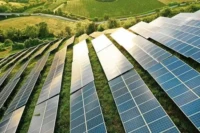
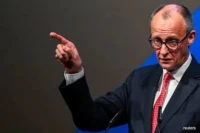
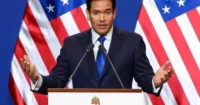
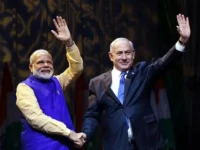

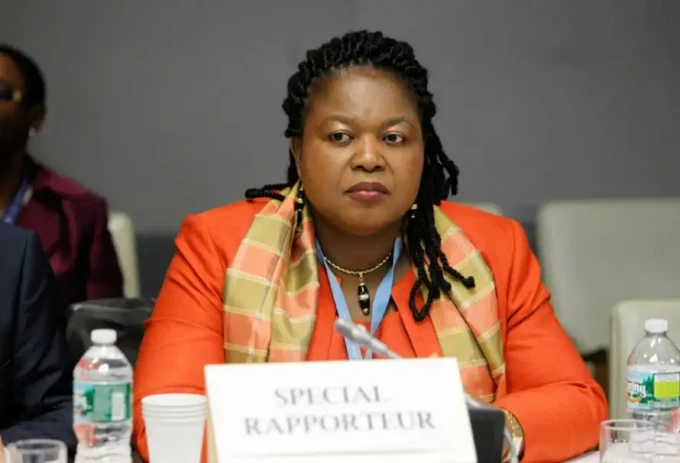
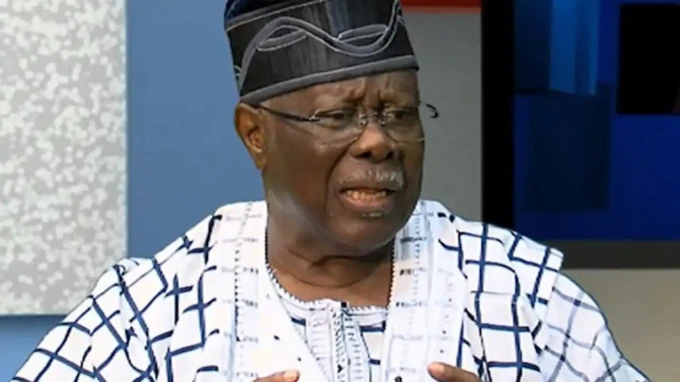

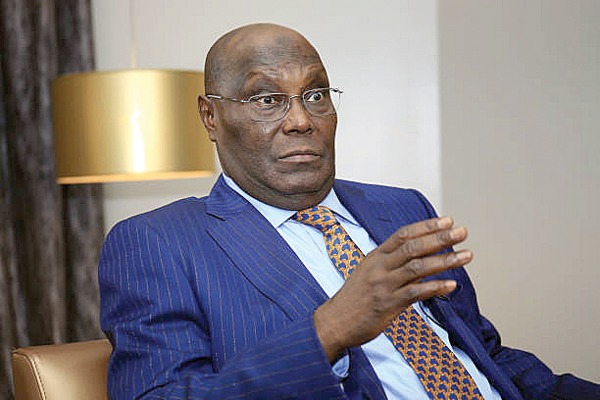
Tinubus performance is a hot topic! Do you think hes overrated or underrated? Lets hear those spicy opinions! 🔥🤔
I think Tinubus performance is overrated. Hes not the political genius everyone claims him to be. Lets discuss!
Do you think Tinubus performance deserves praise or criticism? Lets hear your thoughts on the matter!
Is Tinubu really the political powerhouse many claim, or is his influence overrated? Lets discuss!
I think Tinubus performance is overrated. Hes just another politician playing the game. Lets not idolize him blindly.
Does Tinubus track record matter more than his controversial decisions? Lets debate! 🤔 #Politics #Tinubu2023
Is Tinubu really the political powerhouse some claim, or just a skilled player in a complex game? Lets debate!